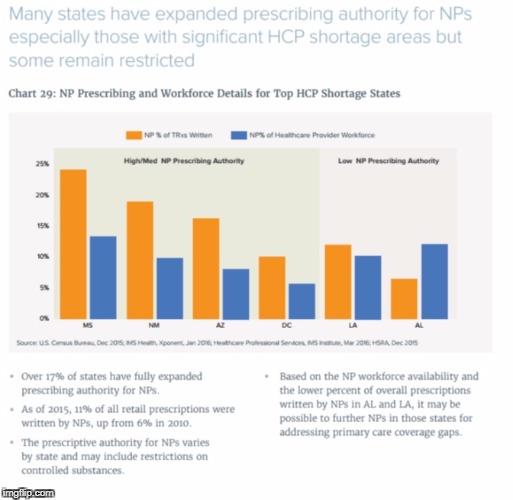- Joined
- Jul 5, 2016
- Messages
- 858
- Reaction score
- 1,624
- Points
- 5,571
Advertisement - Members don't see this ad
lol. That is actually similar to what I sort of said. I did confront her and said I have a hard time believing the therapist did not recommend any form of therapy for the insomnia. And if she didn't, I was rather concerned about the care she was getting.While that;s very possible, i think we all know patients also often hear what they want to hear too. I would have a "So, help me understand..."convo with that therapist to investigate this. To have a licensed therapist to believe that they cant do anything with insomnia means their training was garbage.

